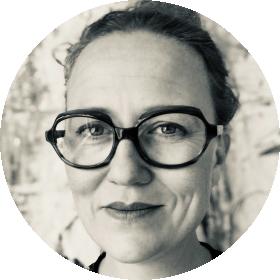

The Cultural Participation Fund is one of the 6 national cultural funds. The fund promotes engagement in culture and wants to make culture accessible to everyone. By focusing on cultural participation, intangible heritage, and cultural education, the fund promotes culture that is inviting and easily accessible. The fund provides grants to cultural initiatives throughout the Kingdom of the Netherlands.
Throughout the Dutch Slavery Memorial Year - which runs from 1 July 2023 to 1 July 2024 - the fund pays special attention to the history of Slavery. This grant is for projects in the area of cultural participation or cultural education wherein aspects of history and slavery are brought to the fore, that create educational material, stimulate healing processes or set up (international) cooperation between institutions.
Cultural foundations or independent professionals in the Netherlands or the Caribbean part of the Kingdom (Aruba, Bonaire, Curaçao, Saba, Sint-Eustatius, Sint-Maarten). It is a prerequisite that the community(ies) itself have a contribution to the design, organisation and implementation of the project. They must take the lead in execution.
One may apply for subsidy for projects that contribute to one or more of the following effects:
Effect A: reaching new target groups;
Effect B: building lasting connections or networks of communities;
Effect C: participants develop multiple perspectives on the history of slavery;
Effect D: participants use knowledge about slavery as source material to experience culture;
Effect E: communities increase their self-reliance;
Effect F: promoting the healing process of participants from relevant communities.
An overview of the various categories you may apply for subsidy:
A maximum of €50,000.
Applications for subsidies are assessed against the following criteria:
Funding will be provided only to the extent that the applicant demonstrates that the available financial resources, including the subsidy from the fund, are sufficient to execute the project.